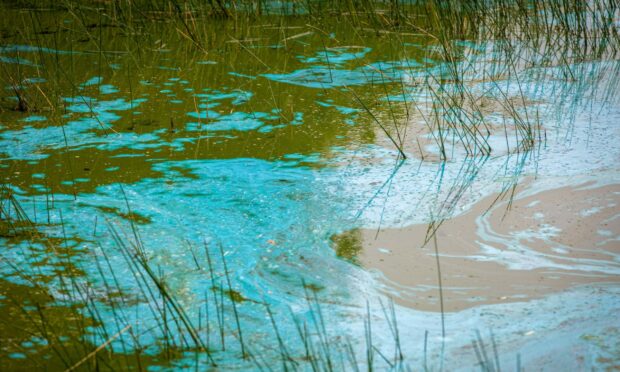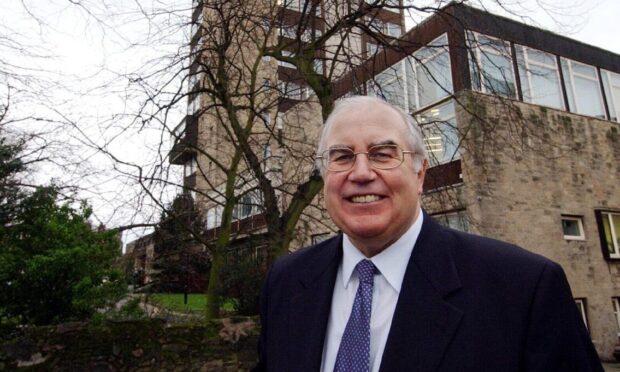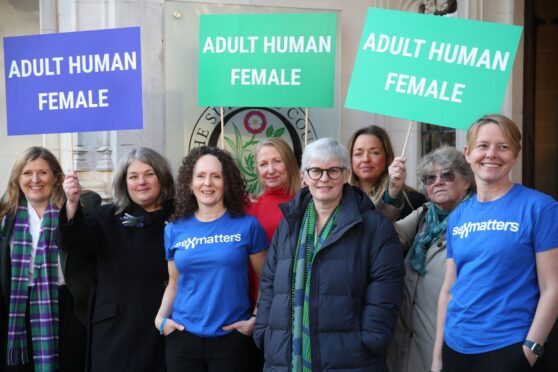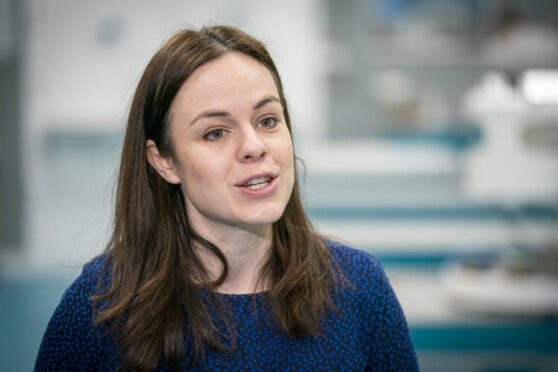The natural beauty of Loch Leven should be cleaned up and and promoted as a protected wild swimming hotspot, under plans floated by a local MSP.
The picturesque spot is a favourite for Loony Dookers who take the plunge to welcome in the new year.
It is also famously the site of Mary Queen of Scots’ last prison escape, inspiring a hit film starring Margot Robbie.
Plagued by algae blooms
But it has been plagued by rising levels of toxic blue-green algae blooms, leading to the water being closed off during peak season when visitors, bathers and dog walkers are out in force.
Toxic blue-green algae bloom – caused by a bacteria called cyanobacteria – can, at its worst, kill wild animals, livestock and domestic pets.
Causes being studied for the bloom include treated sewage from two waste-water treatment plants and inundated sewer systems.
Run off from local agriculture and farm fields, and naturally occurring phosphorus made worse by rising temperatures are also being investigated.
Deadline looms
Green party MSP Mark Ruskell, who represents Mid Scotland and Fife, wants the loch to be granted designated bathing water status.
He says the title could transform Loch Leven into a hotspot for wild swimming, paddle sports, and a range of other health boosting activities.
Mr Ruskell said: “Instead of people being able to make the most of the waters as a wild swimming hotspot or being able to use paddle boards and canoes respectfully, mindful of its role as a bird and nature reserve, we all too often see the warning signs going up to stay out.”
The deadline to apply for the status from government agency the Scottish Environment Protection Agency, known as Sepa, is in March.
“I’d love to hear from everyone who swims at and uses Loch Leven to let me know exactly which parts of the shoreline we should look to have as designated spots,” he added.
Economic boost
The Scottish Greens MSP also pointed to the “potential good economic knock-on effects” for local businesses, nature charities and the wider area as a whole.
He suggested the move could see similar benefits to those already enjoyed in areas like the Cairngorms and Loch Lomond.
Lochleven Castle, where Mary Queen of Scots was held captive, has been inaccessible since the start of the Covid-19 pandemic and will remain closed until repairs are made to make it safe.













Conversation